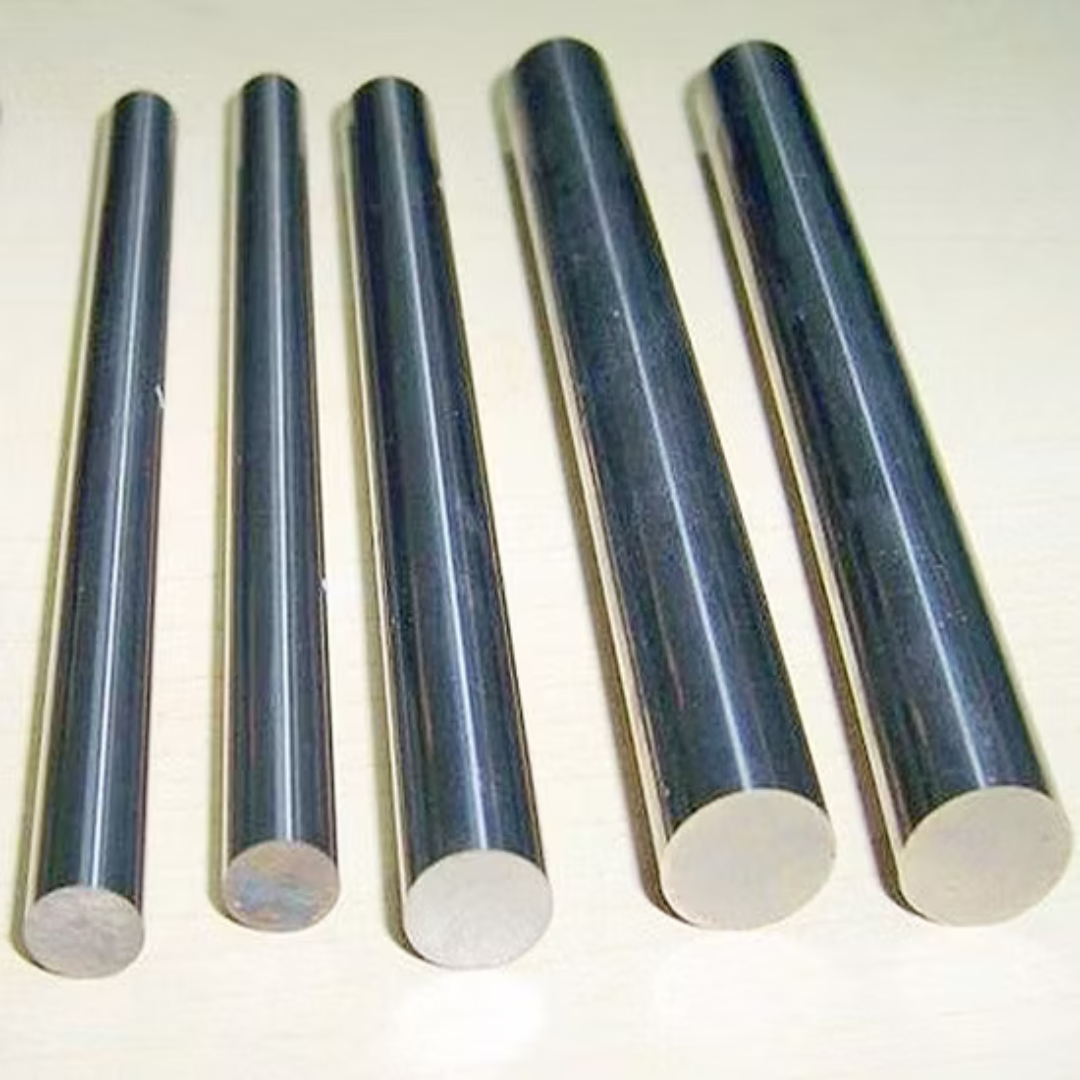
Introduction
MS Round Bars are often associated with construction and infrastructure, but their application stretches far beyond these traditional sectors. From manufacturing and agriculture to automotive and custom fabrication, these solid cylindrical bars are foundational to a wide range of industries. But what truly determines their reliability and performance?
The answer lies in how they are tested, certified, and standardized.
In this blog, we will explore the essential quality standards that govern MS Round Bars, how these bars are tested, the significance of ISO certification, and why adherence to such standards is not just beneficial—it is necessary.
Why MS Round Bar Quality Standards Matter
In technical manufacturing and precision-based applications, consistency is key. Quality standards ensure that every MS Round Bar adheres to specific parameters, allowing for predictable outcomes across different use cases.
Without these standards, there is a heightened risk of failure, especially in areas where precise performance is crucial—such as in-vehicle components, furniture frameworks, or agricultural equipment. Even minor deviations can result in misalignment, unexpected breakdowns, or reduced operational safety.
That is where established quality standards play a pivotal role. They are not merely regulatory—they are the framework that ensures reliability.
Core Testing Methods for MS Round Bars
Before MS Round Bars make their way into final products or structures, they undergo a series of material tests. These evaluations help determine whether each bar meets the expected quality benchmarks.
1. Tensile Testing
This is one of the most commonly used methods to examine the bar’s behaviour under tension. A machine pulls the bar until it elongates and breaks. The outcome offers valuable insights into how the bar responds to stress and helps manufacturers assess its load-bearing capacity.
Common applications where this is relevant include:
2. Hardness Testing
Hardness testing evaluates how well the bar maintains its form when an external force is applied. An indenter is pressed into the bar’s surface to check the depth of the impression. This method is particularly significant in cases where the bar may be exposed to wear and repeated contact.
It’s often used for:
3. Bend Test
This test checks a bar’s flexibility under pressure. The bar is bent to a certain degree to assess how well it maintains its form. If cracks or surface irregularities appear, it signals potential issues in high-impact settings.
This test is crucial for:
4. Chemical Composition Analysis
While physical tests are important, chemical analysis ensures the bar is manufactured with the correct balance of elements. By examining materials such as carbon, manganese, and phosphorus, manufacturers can ensure compliance with intended mechanical properties.
Chemical accuracy is vital for:
The Role of ISO Certification in MS Round Bar Production
ISO certification is not just a badge—it’s a globally recognized assurance of quality and process adherence. For MS Round Bars manufacturers, being ISO certified indicates they maintain international standards in areas such as material selection, processing, testing, and quality control.
Key aspects covered under ISO certification include:
This certification becomes particularly important when supplying bars for industries like transport, energy, or precision manufacturing, where non-compliance can result in costly delays or safety concerns.
Expanding Applications: Where MS Round Bars Make an Impact
Though they have long been staples in construction and machinery, MS Round Bars have a much broader role in modern industries.
Used in axle assemblies, steering components, and chassis structures, MS Round Bars contribute to stability and alignment. Their round profile and tested uniformity make them ideal for parts requiring motion and control.
Whether in modular storage systems or commercial seating, MS Round Bars are increasingly used in furniture design for their versatility and load capacity. Their shape makes them well-suited for frames and connecting structures.
In equipment such as ploughs, cultivators, and irrigation stands, MS Round Bars are trusted for their predictable behavior under mechanical stress. With proper testing, they offer reassurance in demanding rural environments.
MS Round Bars are also making waves in creative fabrication—sculptures, signage, and installation frameworks all benefit from the availability of standardized, easy-to-machine material.
The Comparative Advantage: How Quality Standards Create Value
Let’s examine what sets certified and tested MS Round Bars apart from those manufactured without adherence to proper standards.
Choosing certified MS Round Bars is not just a safeguard—it is a strategy that enhances efficiency, accountability, and trust across the production cycle.
Final Thoughts
MS Round Bar quality standards are far more than procedural checkboxes—they are foundational to dependable performance, cross-industry trust, and long-term value. Whether it is a precision-driven automotive component, an agriculture tool in rugged terrain, or a uniquely designed furniture piece, the role of testing and certification cannot be overstated.
When sourcing MS Round Bars, do not just weigh cost—consider what you are actually getting. A certified, thoroughly tested MS Round bar means fewer uncertainties, better performance, and the kind of assurance that goes beyond numbers.
Choose MS Round Bars from YAxis Structural Steels—where quality, performance, and reliability come together. Every bar is tested and certified to ensure consistent performance across industries, whether for precision engineering, agricultural tools, or custom fabrication. Visit our website at https://yaxissteels.com/ or drop by our office at 607/608, 6th Floor, Clover Hills Plaza, NIBM Road, Kondwa, Pune – 411048. For inquiries, contact us at (+91) 8956025602 or (+91) 8956025601.